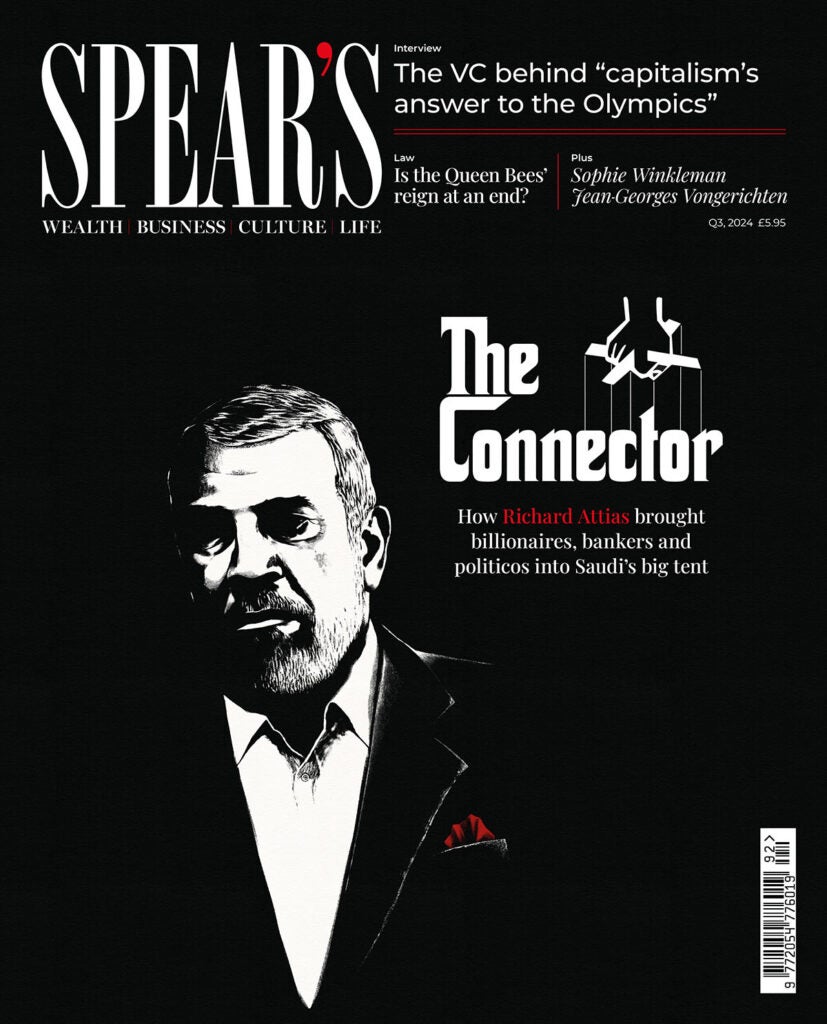
All the charities I work with have a connection to the theme of people being alone in the world. And that’s where problems happen. Despite the wonderful work of Age UK, I think society is useless at looking after older people, and pretty useless with children too.
I’m a patron for a charity called Cure, which delivers operations for cleft palate and clubfoot in various countries in Africa. I’m also a patron of the Children’s Surgery Foundation in the UK; the brilliant paediatric surgeon who heads it up is a wonderful, hugely respected, talented and hard-working Jordanian man called Munther Haddad. The charity does crucial work to support critically ill babies and children and their families.
[See also: Why now is the time to support small charities]
I’ve travelled the UK extensively with School-Home Support, another charity I’m honoured to be patron of. They try to keep children from very disadvantaged backgrounds in school, with the idea that education is the ultimate social mobility tool. The charity finds out the challenges some children face, address each issue and get the child back in school.
The curse of smartphones
I’m the biggest bore on the planet when it comes to screens and children. I can’t bear digital education; I think it’s a rubbish way to learn. It’s not helping them; it’s really hindering them. Using your brain in a profound way is anathema to clicking on a screen for your learning.
I think actors thrive off genuine human exchanges. The green room, where you’d go between takes, used to be a hive of the funniest exchanges and gossip. And they’ve turned into a graveyard, because actors, like everyone else, are now slightly addicted to their phones. It’s either the actors in their eighties or the children – they’re the ones to chat to.
[See also: British boarding schools have a low-tech solution for a very modern problem]
I went to a wonderful event recently at the House of Lords, where the founder of The Big Issue, John Bird, and a panel of Big Issue sellers spoke about their lives and experiences. I’m lucky enough to move in extraordinarily elevated circles, but these people, who were speaking about their brutal lives and how they’ve pulled themselves out – I’ve never been more starstruck, ever. They were genuine heroes.
I went and sold with a couple of the sellers a few weeks ago, and I realised how unfriendly Londoners are; they don’t look at people. Even if you can’t afford a magazine, swap a word or two, or smile, exchange a bit of eye contact. It’s all about connection, community and caring about other people.
The joy of comedy
I think I probably was quite like my Peep Show character [‘Big Suze’] in my twenties. I was a complete dipstick! I find it lovely to have been part of something that has made so many people laugh. I very, very rarely get stopped in the street, but if someone comes up to me, it’s either because of Two and a Half Men or Peep Show. They’re both comedies, so people associate you with laughter. It’s a joy.
[See also: Super-rich are giving away more of their money than ever before]
Whatever charities your readers have an interest in, I think they should call me or get in touch with me, and I can talk to them about the ones that I try to help with. They are incredibly worthy causes, where the money goes straight to the root cause. That’s why I feel comfortable asking successful friends to give, because I know their money will be used for the child in distress or for the old lady who doesn’t see anyone.
Spear’s readers interested in supporting any of Sophie Winkleman’s charities can contact rory.sachs@spearswms.com
This feature first appeared in Spear’s Magazine: Issue 92. Click here to subscribe







